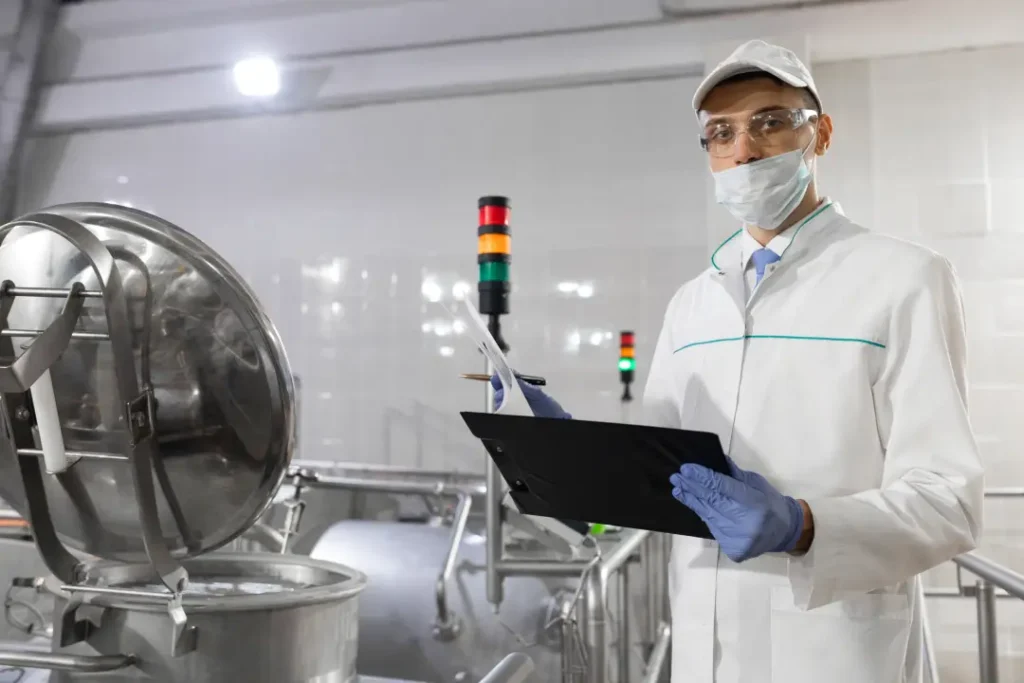Starting a cosmetic or skincare brand can be incredibly rewarding, but finding the right private-label manufacturer is key to success. The private label industry has surged in recent years, with the global private label market projected to grow at a compound annual growth rate (CAGR) of 8.1% through 2028, according to Grand View Research.
Define Your Brand Vision and Product Requirements
Before reaching out to skincare private label manufacturers, it’s essential to have a clear understanding of your brand vision, target audience, and specific product requirements. Determine your desired product line, whether it’s organic skincare, vegan cosmetics, or sustainable packaging. According to a report by Statista, about 67% of beauty consumers prefer products with natural ingredients, a factor you may want to prioritize in your product line.
Research and Shortlist Reputable Cosmetic Product Manufacturers
Conduct a thorough online search, use industry directories, and seek recommendations to shortlist manufacturers known for producing high-quality products.
It’s also essential to check for certifications like Good Manufacturing Practices (GMP), ISO, or cruelty-free and organic certifications, as these indicate a commitment to quality and ethical standards.
Assess Product Quality and Customization Options
Look for manufacturers that offer customizable formulas. Whether you want a specific ingredient blend or unique packaging, having options for customization ensures that your products are distinct from competitors. According to Mintel, 63% of consumers are willing to pay more for products that match their unique skincare needs, making customization a valuable strategy for brand differentiation.
Understand Minimum Order Quantities (MOQs)
Minimum Order Quantities (MOQs) vary widely among private-label cosmetic manufacturers, and it’s important to choose a manufacturer that can accommodate your budget and inventory needs. While some manufacturers may require large MOQs, which can strain new businesses, others specialize in smaller batch production, which may be ideal if you’re testing the market.
Evaluate Turnaround Time and Scalability
According to a report by McKinsey, 72% of beauty startups consider scalability a top priority when choosing a manufacturing partner, as rapid growth can necessitate higher production volumes.
Request and Review Certifications and Quality Assurance Processes
Certifications like cruelty-free, vegan, organic, and natural are often essential for appealing to today’s conscious consumers. According to a report from Cosmetics Design, the demand for cruelty-free products has led to a 10% annual increase in brands seeking cruelty-free certifications.
Assess Communication and Customer Service
Effective communication is a critical but often overlooked factor in a successful partnership with a private label manufacturer.
By focusing on these key areas, you’ll be better prepared to choose a private label manufacturer that aligns with your brand’s vision and sets you up for long-term success.






